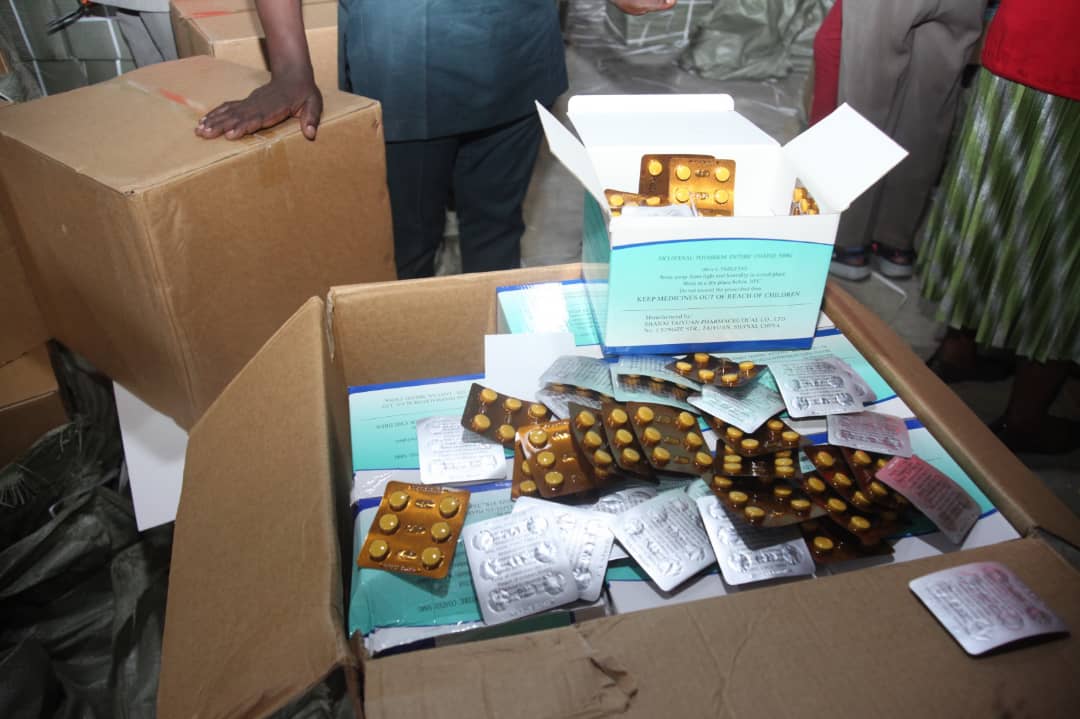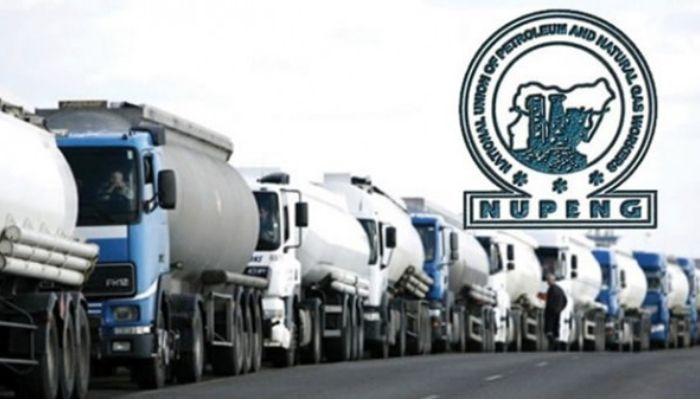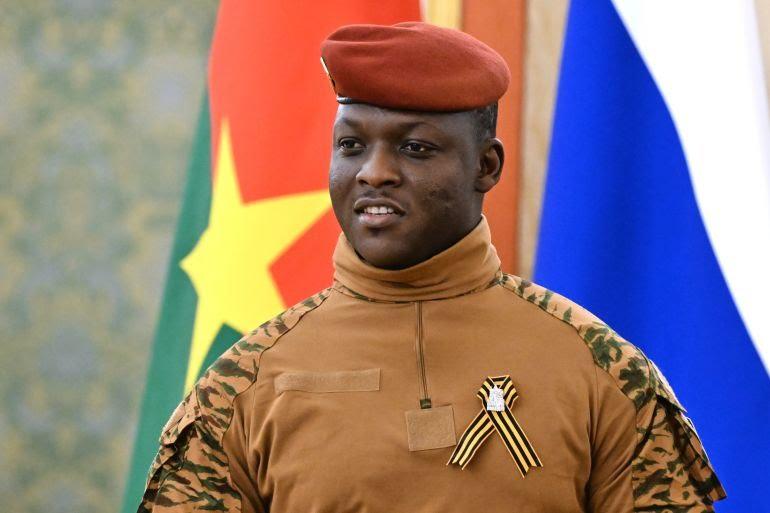The proposed single currency for the Economic Community of West African States (ECOWAS), scheduled for launch in 2027, has continued to generate conversations among stakeholders in Nigeria and beyond.
President of the ECOWAS Commission, Dr. Omar Touray, had in July confirmed during a panel session at the maiden Sahel Governance Forum in Banjul that the pathway to the launch of the regional currency had already been achieved.
Speaking with Saturday PUNCH, the President of the Association of Small Business Owners of Nigeria, Femi Egbesola, described the initiative as a significant step that, if well implemented, would eliminate exchange rate barriers, boost intra-African trade, and ease cross-border investment.
“For Nigerian SMEs, it could lower transaction costs, improve price stability, and enhance our ability to compete regionally,” he said.
Egbesola, however, warned that the initiative required more than political declarations, pointing out that wide variations in inflation levels, fiscal discipline and institutional strength across African economies remained a major challenge.
“Without proper economic convergence and robust financial infrastructure, a single currency could create more challenges than it solves. Nigeria, as Africa’s largest economy, must also ensure that adopting such a currency does not undermine our monetary sovereignty or expose us to shocks from weaker economies,” he added.
He commended the political will recently expressed by the ECOWAS President at the Sahel Government Forum in Gambia but stressed that the sub-region must first align fiscal policies, strengthen regional financial institutions and ensure the project rests on solid economic fundamentals.
Read also: ECOWAS court president decries poor compliance with regional judgments
Similarly, former Director-General of the Nigerian Institute of International Affairs, Prof Bola Akinterinwa, stressed the importance of a continental currency to promote intra-African trade and reduce dependence on the dollar and other foreign currencies.
He explained that such a currency would remove tariff barriers within ECOWAS and facilitate seamless trade among member states, adding that Nigeria already enjoyed strong trading presence across West Africa.
“Along the West African coast, Nigerian products are everywhere. You don’t even need much foreign exchange because Naira circulates widely in those countries. Nigeria accounts for about one-third of ECOWAS’ monetary contributions,” Akinterinwa told Saturday PUNCH.
He, however, noted that the exit of Mali, Burkina Faso and Niger from ECOWAS to form the Alliance of Sahel States had created fresh challenges for the bloc.
While some stakeholders believe the countries may return in the future, he stressed that Nigeria must weigh the opportunities and risks carefully.
According to him, the adoption of a single currency would facilitate regional trade but could also heighten informal activities such as smuggling, which already thrives in West Africa.








